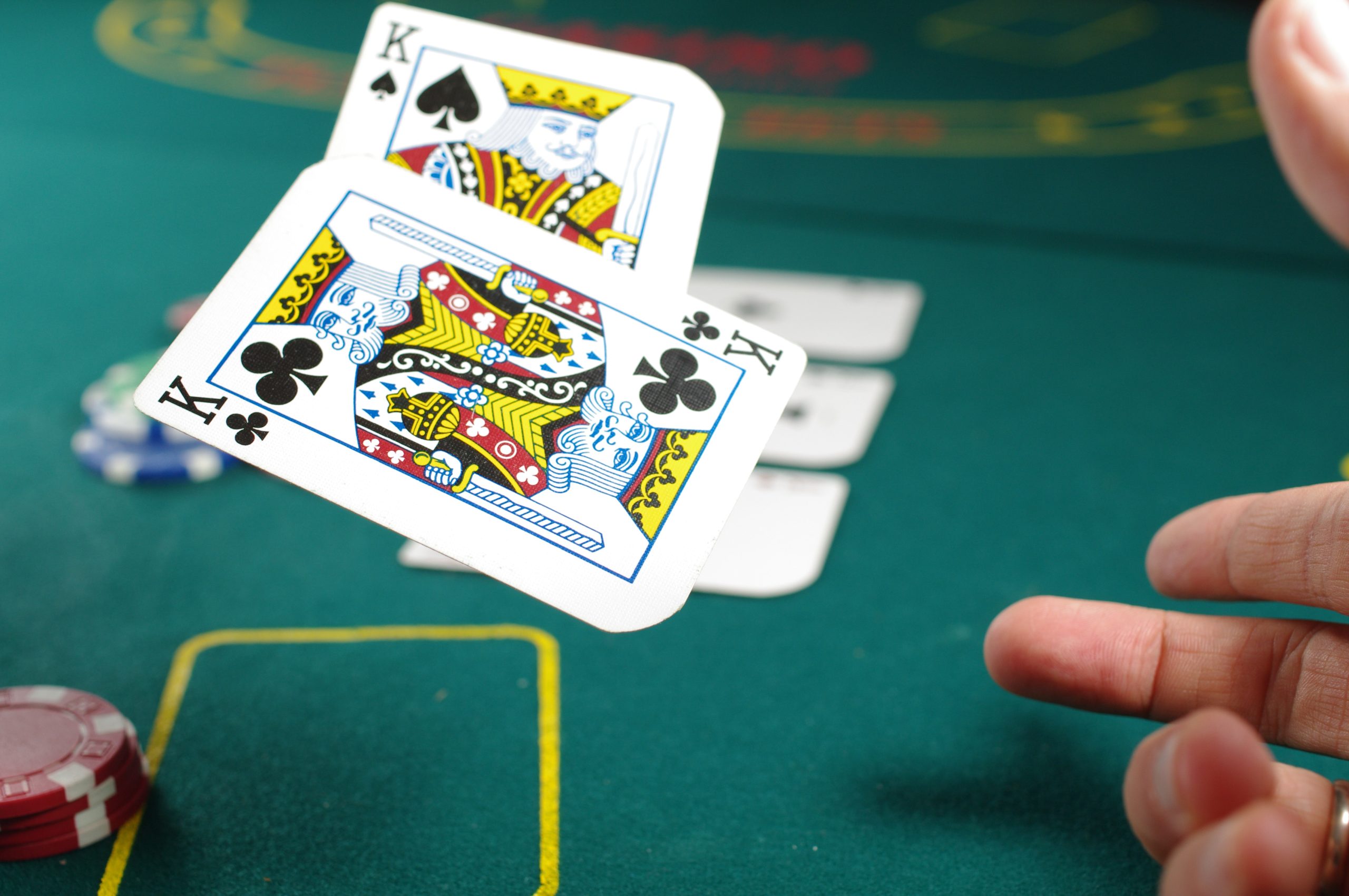In no-limit tournaments, you’re always faced with this decision – call or raise? Basically, the classic statement applies that a hand that is good enough to be played with a call must also be good enough to be raised.
In practice, however, this is not always so easy, so we would like to give you some help in deciding.
Before the Flop

The first question I have to ask myself is what I want to achieve in this situation. Do I want to steal the blinds, fill the pot before the flop, do I want to reduce the field? For these cases, of course, a raise is appropriate. The amount of the raise depends on the purpose. A normal raise is usually three to four times the big blind. Variations are possible, however.
In general, when you make a preflop raise, you need to be aware that you will usually bet again after the flop, even if you miss the flop. This way, a pot can escalate very quickly, which is why you should use your raises in moderation.
Raising before the flop has another very important purpose: it helps you gauge what your opponents have after the flop. For example, suppose you raise with ATs from middle position, and the player behind you reraises. In such a case, you can assume that the reraiser has a good hand, such as an ace with a higher kicker, or a pocket pair. You might still call the raise, but if you miss the flop, it’s better to fold. By raising, you often lose fewer chips overall than if you went all the way to the river with your dominated hand against AKo, for example, in the example above.
Another consideration that is particularly important in deciding between raising and calling is whether you want to re-bet your hand after the flop in any case. Suppose you have ATs again and you have the big blind. All players fold, the big blind calls, the SB folds. Should you just call or raise? I definitely recommend raising here for two reasons:
First, a call on the BB usually means one of these two scenarios: either the player has a monster hand like AA or KK and wants to collect more than the blinds by keeping his opponent in the game, or a weak speculative hand like T9o that he can’t part with but doesn’t dare raise.
- In case one, a raise often produces a strong re-raise, and you are warned or can get out of the hand cheaply.
- In case two, your opponent may fold immediately, but most of the time he will call a small raise. After the flop, however, I now have the initiative because I can bet first. Since I raised his call before the flop (although I could have just as easily called), my opponent will be more willing to throw away his hand if he didn’t hit the flop. In principle, this raise is a preparation for the next action, which is to steal the pot.
When using this strategy, however, you should take your opponent’s play into account – stupid players don’t think about such things and are therefore not easily persuaded to fold.
But when should you actually call?
There are several arguments for this:
- you are at an extremely loose table, and raises are generally not respected by the other players. It can make sense to just call and then play aggressively on the flop with a made hand. Pocket pairs would be a typical hand for this type of play.
If there are four players left at the table after a raise of 77, I have to hit my set to win – but since that only happens 10% of the time, constantly raising with pocket pairs at a loose table can get expensive.
- you have a typical “multiway” hand, like JTs – such hands have good chances especially against many opponents.
- you have a weak hand, but good position, for example: T9o on the button, uneraised pot, four callers. With such pot odds and the best possible position after the flop, at least at low blinds I would want to see the flop with almost every hand, but a raise would of course be complete nonsense.
After the flop

Arguments for just calling an opponent’s bet:
- you hit the flop optimally and have a monster hand, but you want to keep the player(s) behind you still in the game. Attention: slowplay only with really good hands!
- you have a good draw and the pot odds are ok for a call, but you don’t want to catch a re-raise.
- you have a very good hand and you think that your opponent will bet the turn again. Call flop / raise turn raises the pot and your opponent may be pot-committed, meaning he has so many chips in the pot that he can’t fold.
Arguments for a raise after an opponent’s bet:
- information gathering can still be important here. this is especially true for hands that can lead to an all-in. A moderate raise to an opposing bet can help to get out of a hand in time if the opponent’s reaction shows strength.
- the classic free card raise: you have the button and a drawing hand. The opponent bets, and you raise. Most of the time the opponent will check on the turn. If the turn completes your draw, you can bet again, if not, you can also check and see the river for free.
